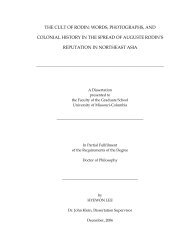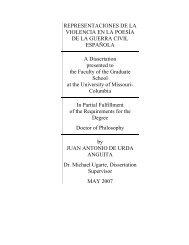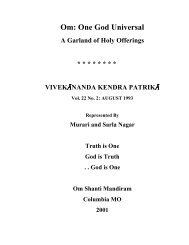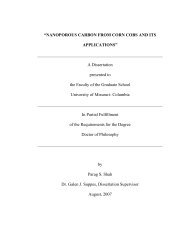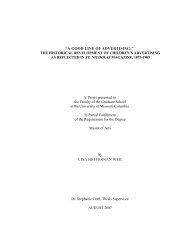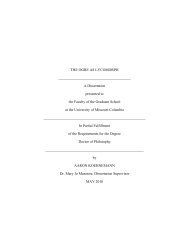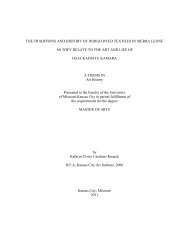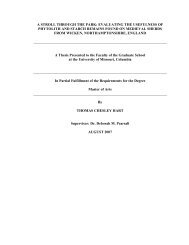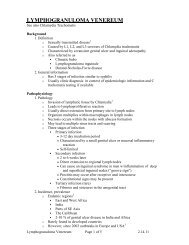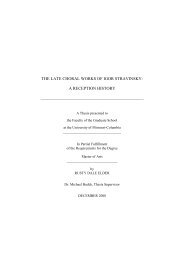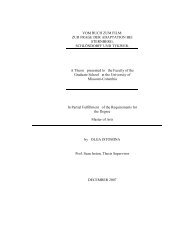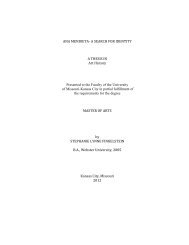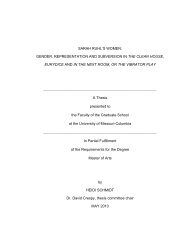Social Construction of Reality - Bad Request
Social Construction of Reality - Bad Request
Social Construction of Reality - Bad Request
Create successful ePaper yourself
Turn your PDF publications into a flip-book with our unique Google optimized e-Paper software.
interaction and particular context: “the core idea in situated cognition is that learning is<br />
inherently social in nature. The nature <strong>of</strong> the interactions among learners, the tools they<br />
use within these interactions, the activity itself, and the social context in which the<br />
activity takes place shape learning” (p. 45). Furthermore, he believes the approach to<br />
adult learning is best addressed via situations, as opposed to subjects. Marsick and<br />
Watkins (2001) created a model that juxtaposes the larger social setting and the more<br />
specific learning context. They explain the model thus:<br />
The circle in the center represents our belief that learning grows out <strong>of</strong> everyday<br />
encounters while working and living in a given context…the outer circle<br />
represents the context within which the experience occurs….the context for<br />
learning that plays a key role in influencing the way in which people interpret the<br />
situation, their choices, the actions they take and the learning that is effected (p.<br />
29).<br />
On the topic <strong>of</strong> interpretation, Flaherty (1999) puts forth a model for<br />
understanding how language and experience bound within a particular context can bring<br />
about changes in actions driven by interpretations. Preskill and Torres (1999) further<br />
iterate that the generation <strong>of</strong> organizational knowledge creation and knowledge involves<br />
“developing systems and structures that not only allow but also encourage organization<br />
members to learn and grow together- to develop communities <strong>of</strong> practice” (p. 14).<br />
Nonaka and Takeuchi (1995) tie all these ideas together by explaining both “information<br />
and knowledge are context- specific and relational in that they depend on the situation<br />
and are created dynamically in social interaction among people” (p. 59).<br />
42



